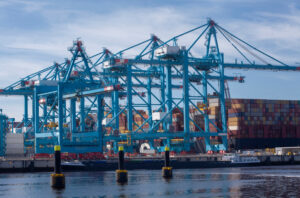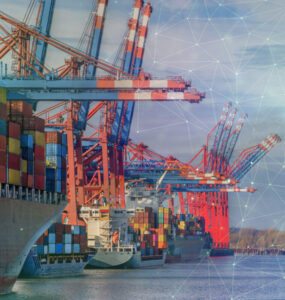The increase in shipping mergers is causing countries to be serviced by fewer suppliers, which is resulting in higher competition between the larger shipping lines, while the smaller companies struggle to remain competitive, according to gCaptain.
There is now an average of 15.7 companies offering regular container shipping services per country compared to 22.1 in 2004.
Jan Hoffmann, head of trade facilitation at UNCTAD, said: “I don’t see any reason why this trend would not continue. The average vessel size per country will continue to grow and so we expect there will be fewer companies in individual markets, and this is an increasing challenge for the smallest players.
“It’s getting more challenging for the smallest players. For the big ones – China, Europe – whether you still have 20 countries competing or 15, it doesn’t matter, you still have a choice. But when it goes down from three to two, or from two to one, then you have a critical situation.
“It would be good for the shipping industry and for the environment if we had more stringent environmental regulations that would encourage ship scrapping.”
Shipping mergers are also having an impact on ports and terminals because although carriers can achieve economies of scale, ports and terminals are struggling to accept the increase in container volumes.
The companies have also said that they will involve their terminal operations in the merger, but to a lesser extent.








